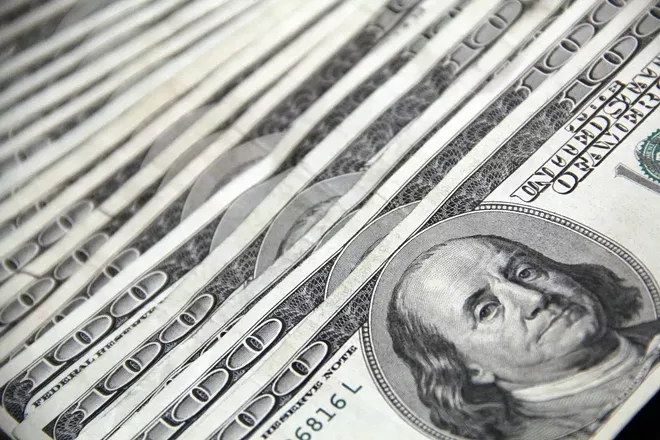The New York Times Company
WASHINGTON — The U.S. budget deficit grew to a record $864 billion in June as the federal government continued pumping money into the economy to prop up workers and businesses affected by the coronavirus pandemic, the Treasury Department said Monday.
The deficit was driven largely by government spending related to the Paycheck Protection Program, which by the end of June had approved more than $500 billion in loans to support small businesses. Overall, government outlays topped $1.1 trillion last month, while receipts were down sharply as a result of tax payments that have been deferred until mid-July.
The swelling deficit could further complicate talks for another rescue effort given Republicans’ recent concerns about the financial tab. Lawmakers are preparing to resume negotiations over another round of fiscal support, which could become even more imperative as the virus surges in many parts of the United States.
The June deficit blew past the previous monthly record of $738 billion, set in April. It was nearly as large as the $984 billion shortfall that the U.S. accumulated for the entire year in 2019 and far larger than those in previous years.
For the fiscal year to date, the government is generating red ink at a record clip. So far in fiscal 2020, the deficit is $2.74 trillion, a 267% increase from the same period in 2019.
With the virus still posing an economic threat, lawmakers have been calling for more relief. Some of the fiscal support provided in the last bill, which Congress passed in March, is set to expire at the end of July.
House Democrats passed a $3 trillion relief package in May that would send money to struggling state and local governments and direct more stimulus payments to taxpayers. That bill was a non-starter with most Republicans.
Now, attention is turning to a plan that could win support from both parties.
Trump administration officials have been calling for a payroll tax cut, a capital-gains tax holiday, additional targeted relief to industries that have been hit hardest by the pandemic and another round of stimulus checks. The next bill could cost $1 trillion to $3 trillion.
The White House has said it wants to see the effects of the earlier stimulus legislation, which has not been fully deployed, before it adds to the tab.















